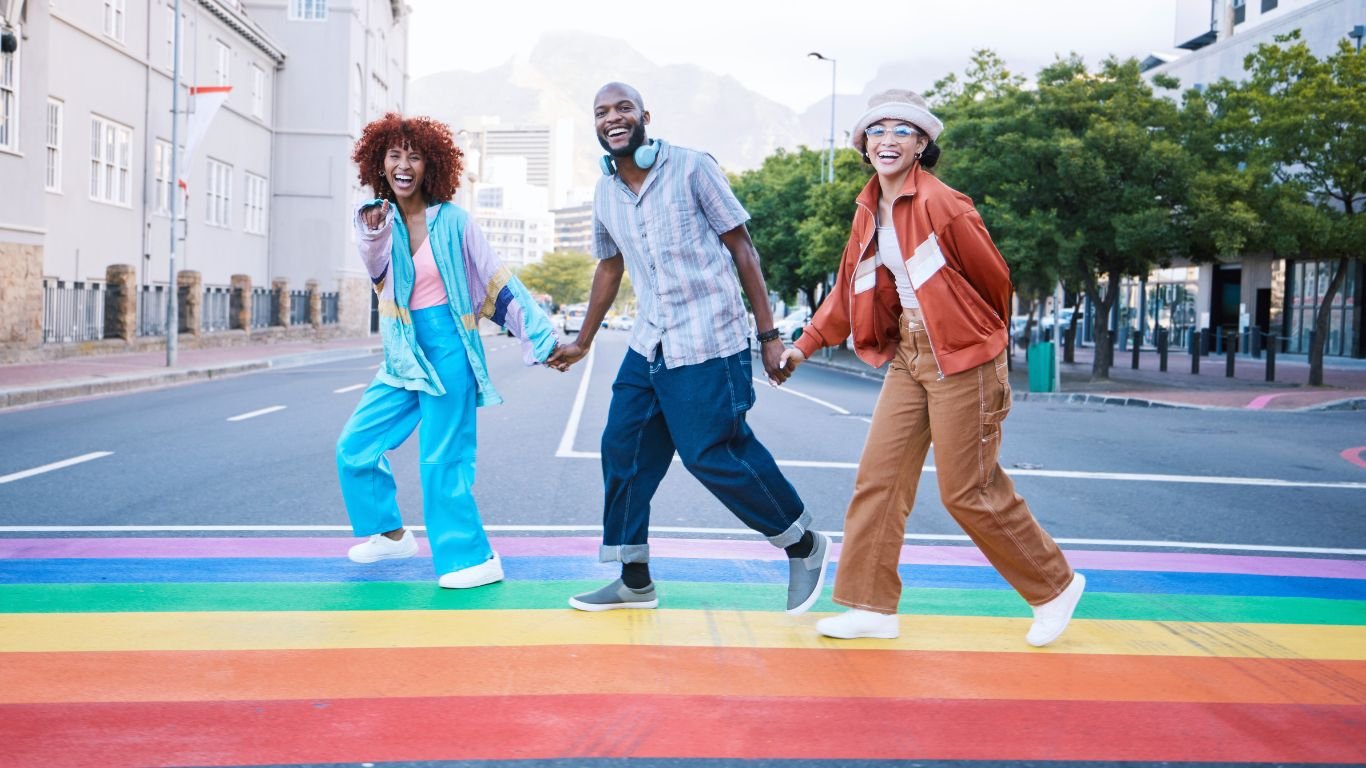
5 Things / Butt Kicked
I did it again. I was playing pickleball this week when I caught myself making an assumption about another player, someone I’d never met. Let’s just say, I was ready to kick some butt on the court, but instead got my butt kicked.

5 Things / Express Yourself
Confession: I trained Chat GPT in my writing style (by uploading samples) and ask it to draft the article summaries you read below. I then revise the summaries, and two people on my team do the edits. Using artificial intelligence (AI) saves me time that I now use to play pickleball. That’s priceless.

5 Things / Gayborhood
Earlier this year, I refreshed my office decor but I was still looking for a piece of art. I finally found it: “Happy Night in the Gayborhood”, a painting by a queer Latine’ artist who lives down the street and live-paints on Instagram.

5 Things / Trojan Horse
For years, I had a front-row seat to witness transformation. I got my first business license in Boston in February 2004 when I started the first wedding planning business in the US to plan legal LGBTQ weddings.

5 Things / Karen
My son Patrick and I were waiting at a fast food restaurant, that, on this occasion, was not very fast. We were on the way to an appointment and I was growing impatient. Patrick, 13, turned to me and said, “Mom, don’t go all Karen on them.”
